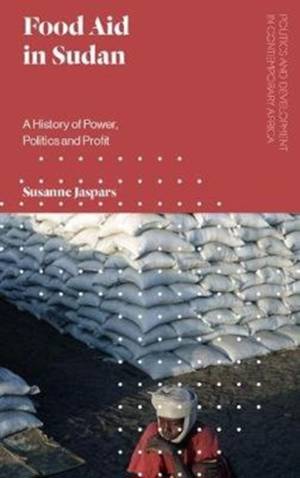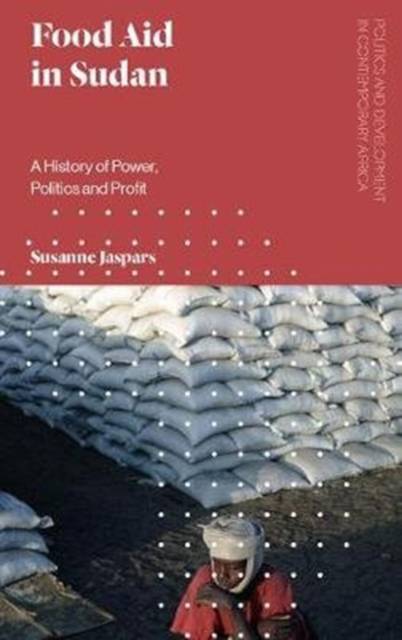
- Retrait gratuit dans votre magasin Club
- 7.000.000 titres dans notre catalogue
- Payer en toute sécurité
- Toujours un magasin près de chez vous
- Retrait gratuit dans votre magasin Club
- 7.000.0000 titres dans notre catalogue
- Payer en toute sécurité
- Toujours un magasin près de chez vous
32,45 €
+ 64 points
Format
Description
In 2004, the UN's Humanitarian Coordinator for Sudan called Darfur the world's worst humanitarian crisis. A comprehensive food aid programme soon followed, at the time the largest in the world. Yet by 2014, while the crisis continued, international agencies found they had limited access to much of the population, with the Sudanese regime effectively controlling who received aid. As a result, acute malnutrition remains persistently high.
Food Aid in Sudan argues that the situation in Sudan is emblematic of a far wider problem. Analysing the history of food aid in the country over fifty years, Jaspars shows that such aid often serves to enrich local regimes and the private sector while leaving war-torn populations in a state of permanent emergency. Drawing on her decades of experience as an aid worker and researcher in the region, and extensive interviews with workers in the food aid process, Jaspars brings together two key topics of our time: the failure of the humanitarian system to respond to today's crises, and the crisis in the global food system. Essential reading for students and researchers across the social sciences studying the nature and effectiveness of contemporary humanitarianism, development and international aid.Spécifications
Parties prenantes
- Auteur(s) :
- Editeur:
Contenu
- Nombre de pages :
- 264
- Langue:
- Anglais
- Collection :
Caractéristiques
- EAN:
- 9781786992086
- Date de parution :
- 21-11-19
- Format:
- Livre broché
- Format numérique:
- Trade paperback (VS)
- Dimensions :
- 137 mm x 213 mm
- Poids :
- 453 g

Les avis
Nous publions uniquement les avis qui respectent les conditions requises. Consultez nos conditions pour les avis.






